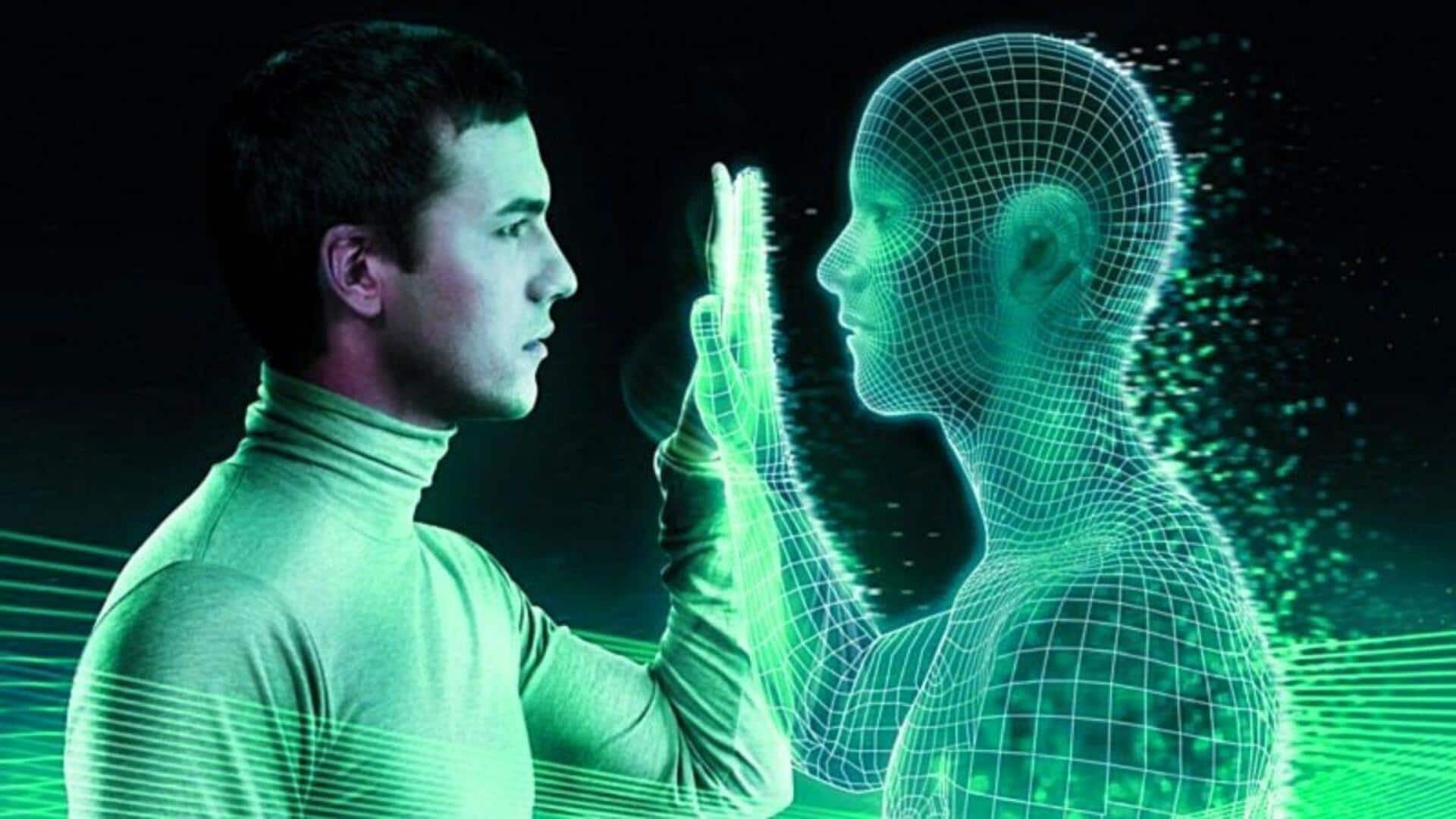
Are we living in a simulation? Scientist's theory suggests so
What's the story
Dr. Melvin Vopson, a physicist at the University of Portsmouth in the UK, has proposed an intriguing theory that could indicate we are living in a simulated universe.
His research paper published in AIP Advances posits that gravity is not merely a force but an indication of our existence within this virtual reality.
He likens the universe to "the ultimate computer," and suggests that gravitational pull is akin to data compression and optimization within this computational cosmos.
Gravity's role
Gravitational pull as data compression
Dr. Vopson proposes that gravity is essential to keep the universe's data in order, just like computers compress code.
He explains, "The universe evolves in a way that the information content in it is compressed, optimized and organized — just as computers and computer code do."
This view suggests that gravitational attraction minimizes "information entropy," or the amount of information an object holds in a given space.
Cosmic harmony
Gravity's influence on cosmic structures
Dr. Vopson's theory goes beyond gravity keeping things in order in the cosmos, to its effect on other celestial phenomena like galaxy formation, planetary orbits around stars, and the motion of nearby objects.
He explains that it's easier for the universe to compute all properties and characteristics of a single object in space rather than multiple objects.
So, these are drawn together by gravity as part of this data organization process.
Simulation hypothesis
A universe operating like a giant computer
Dr. Vopson's belief stems from the idea of entropy in information theory.
He argues that a super complex universe like ours would need built-in data optimization and compression to minimize computational power and storage needed to run the simulation.
This is seen in digital data, biological systems, mathematical symmetries, and throughout the universe.
"My findings... fit with the thought that the universe might work like a giant computer," Dr. Vopson said about his research.